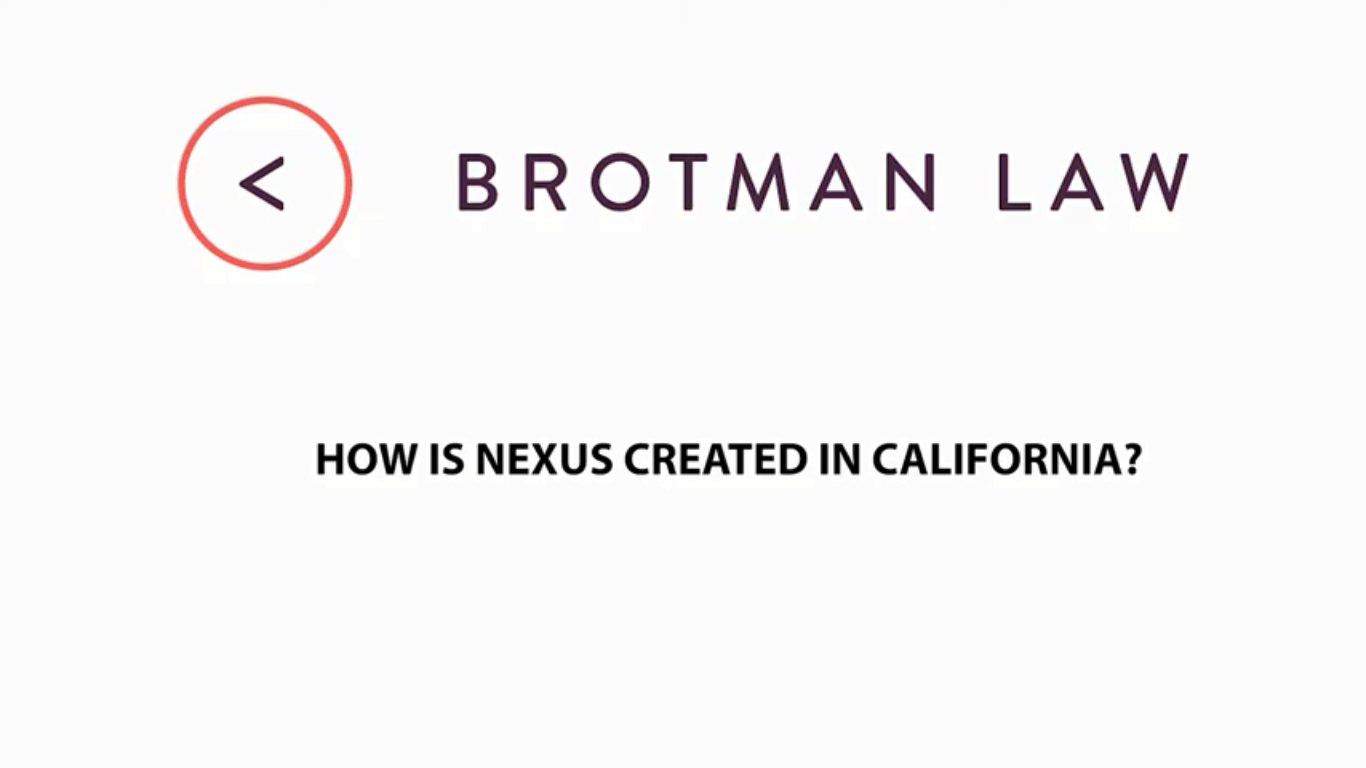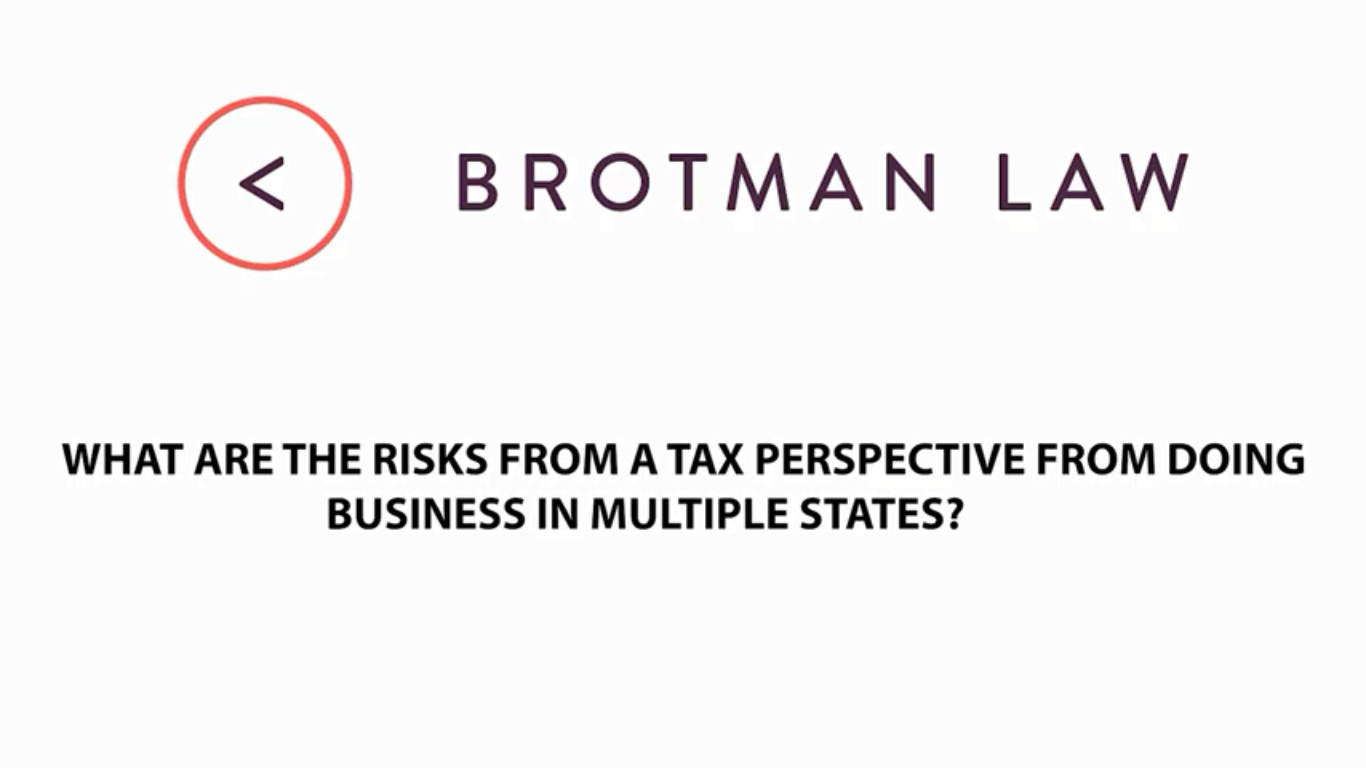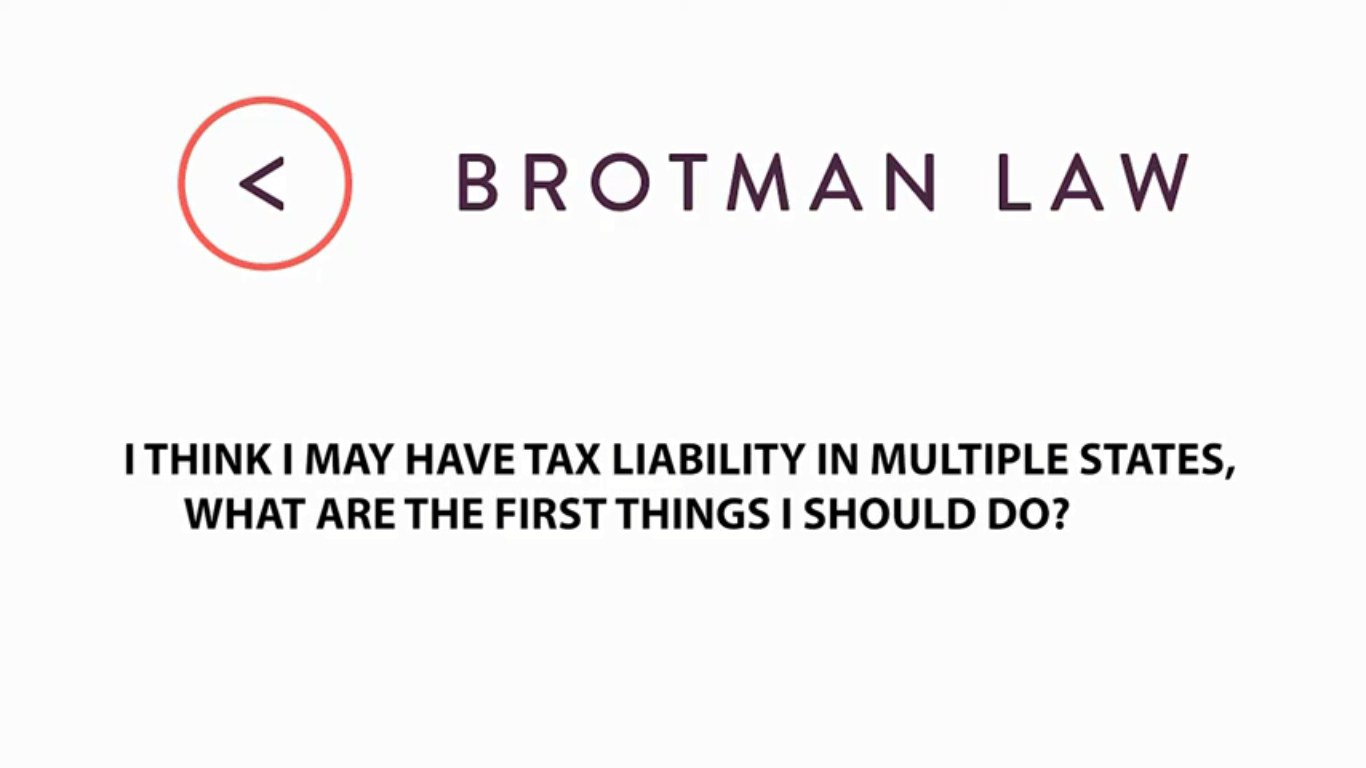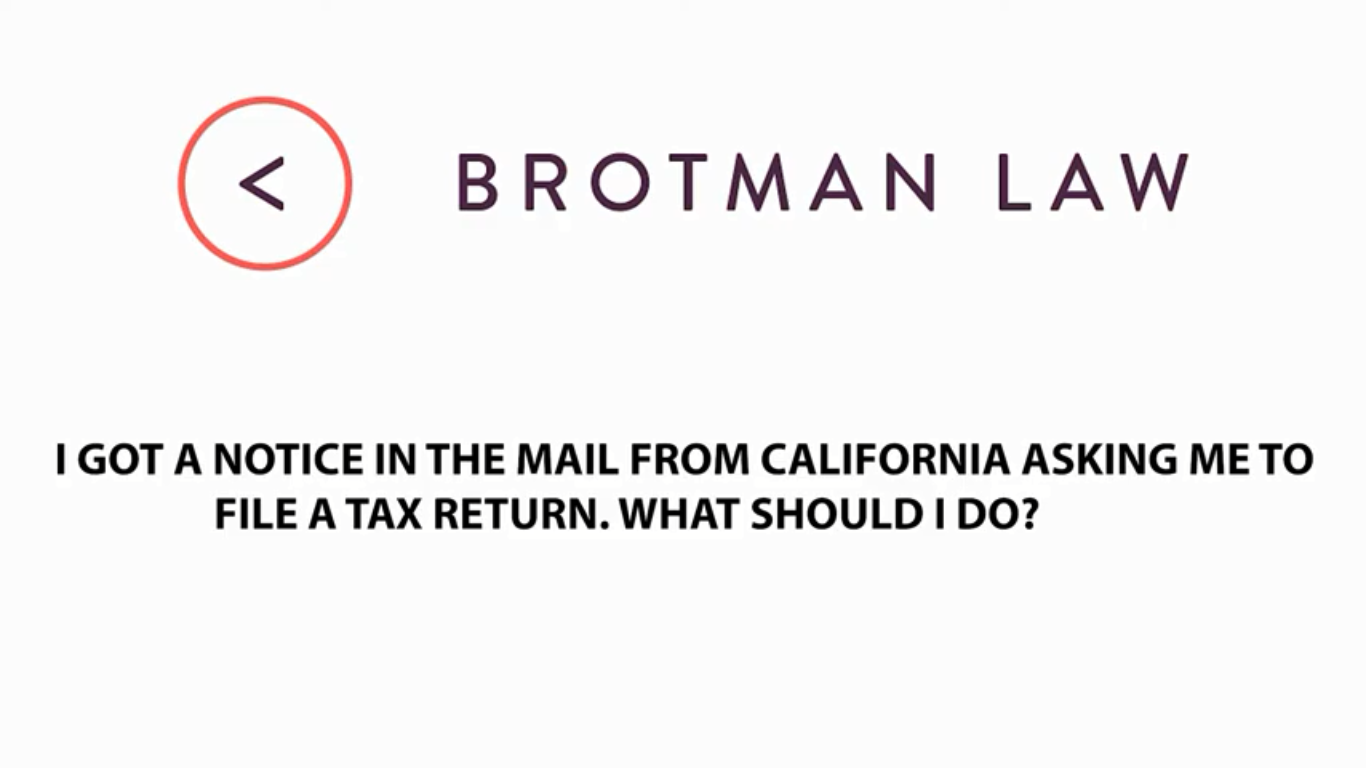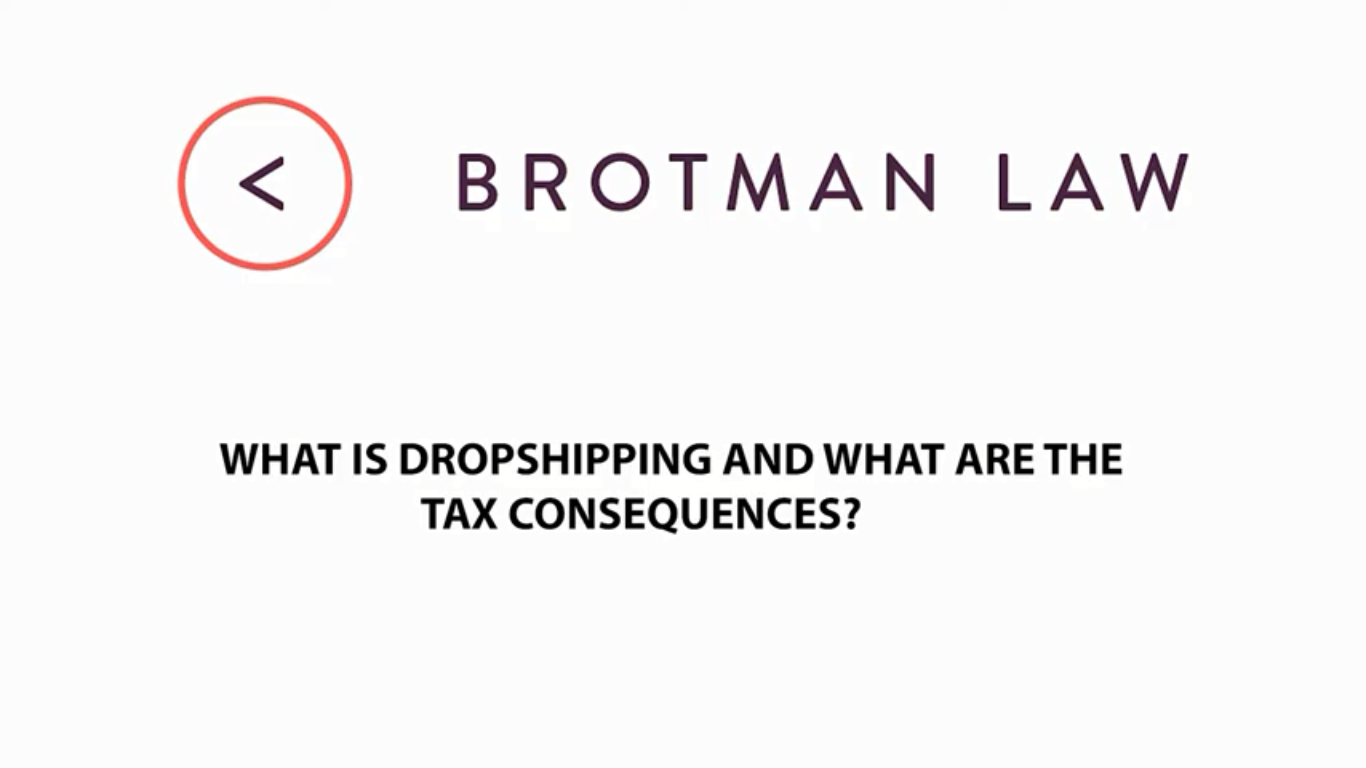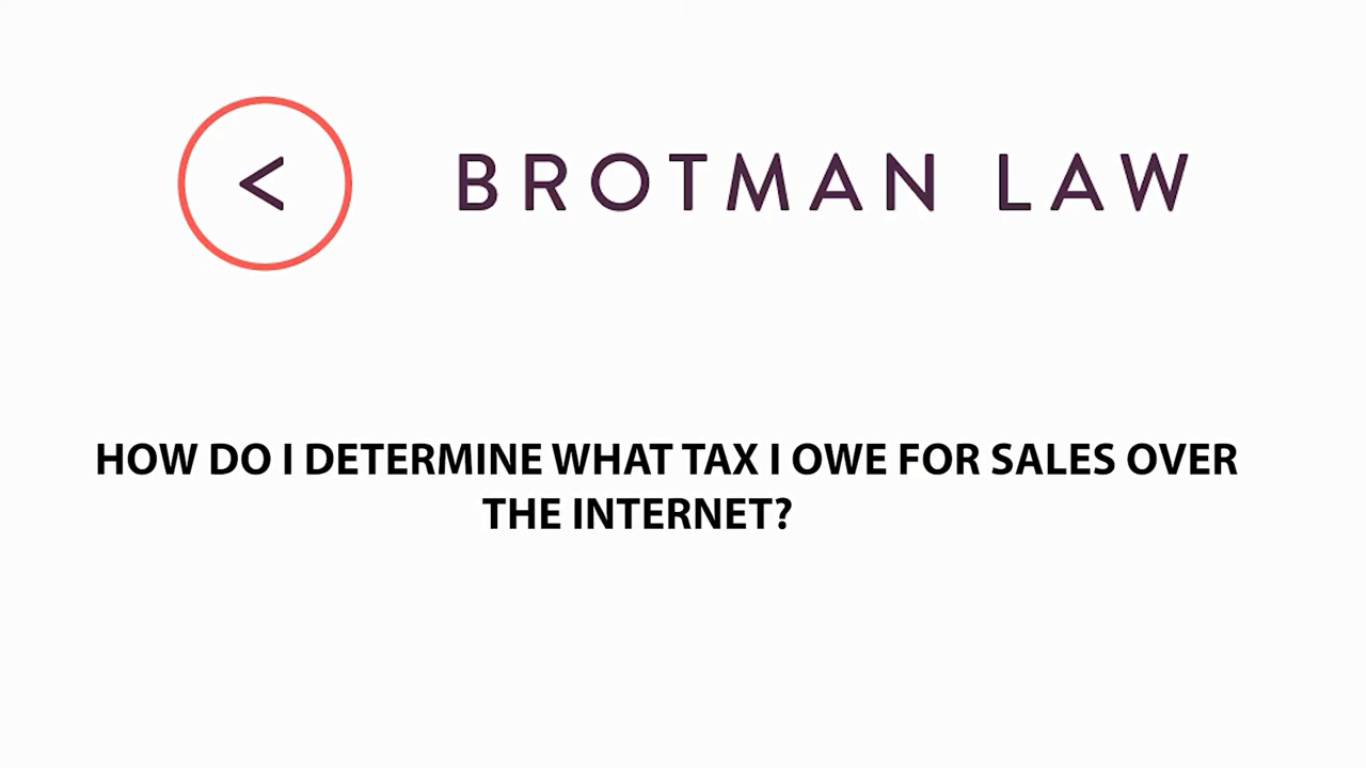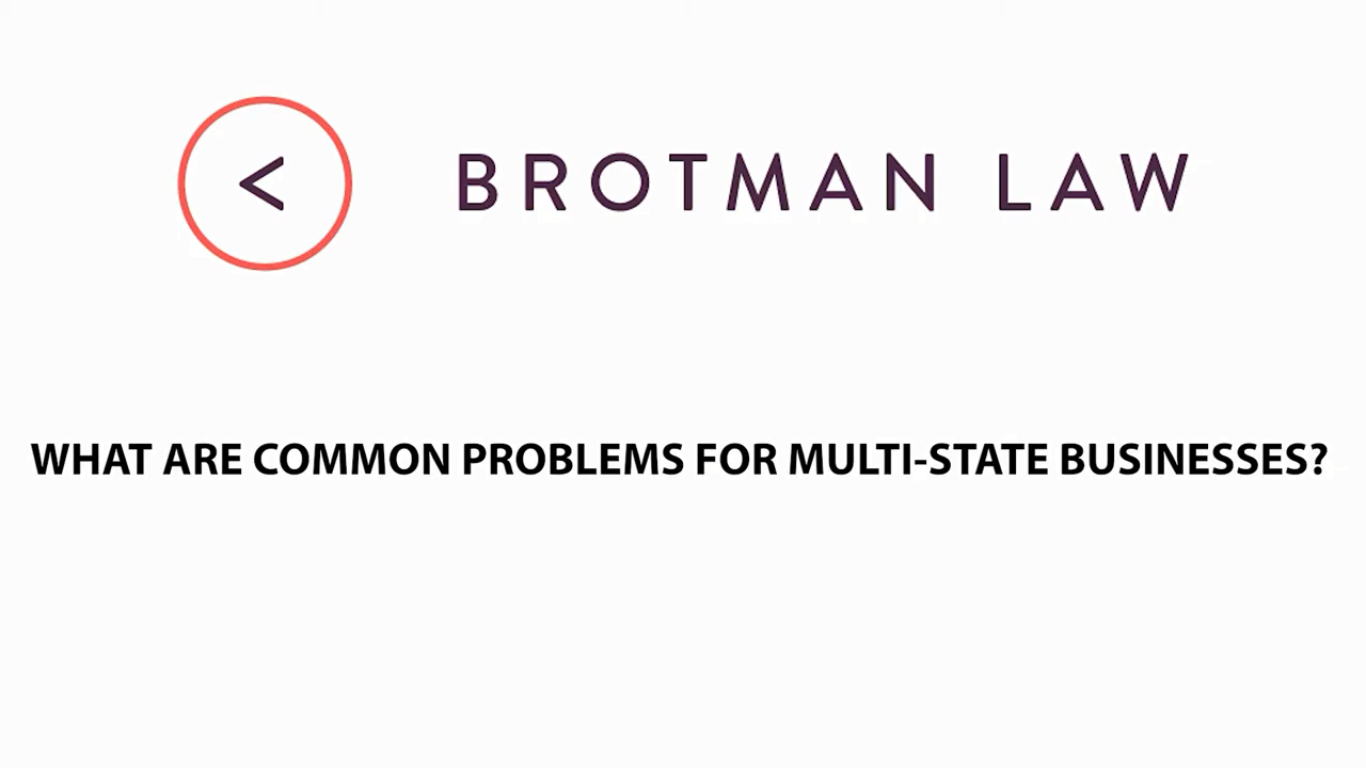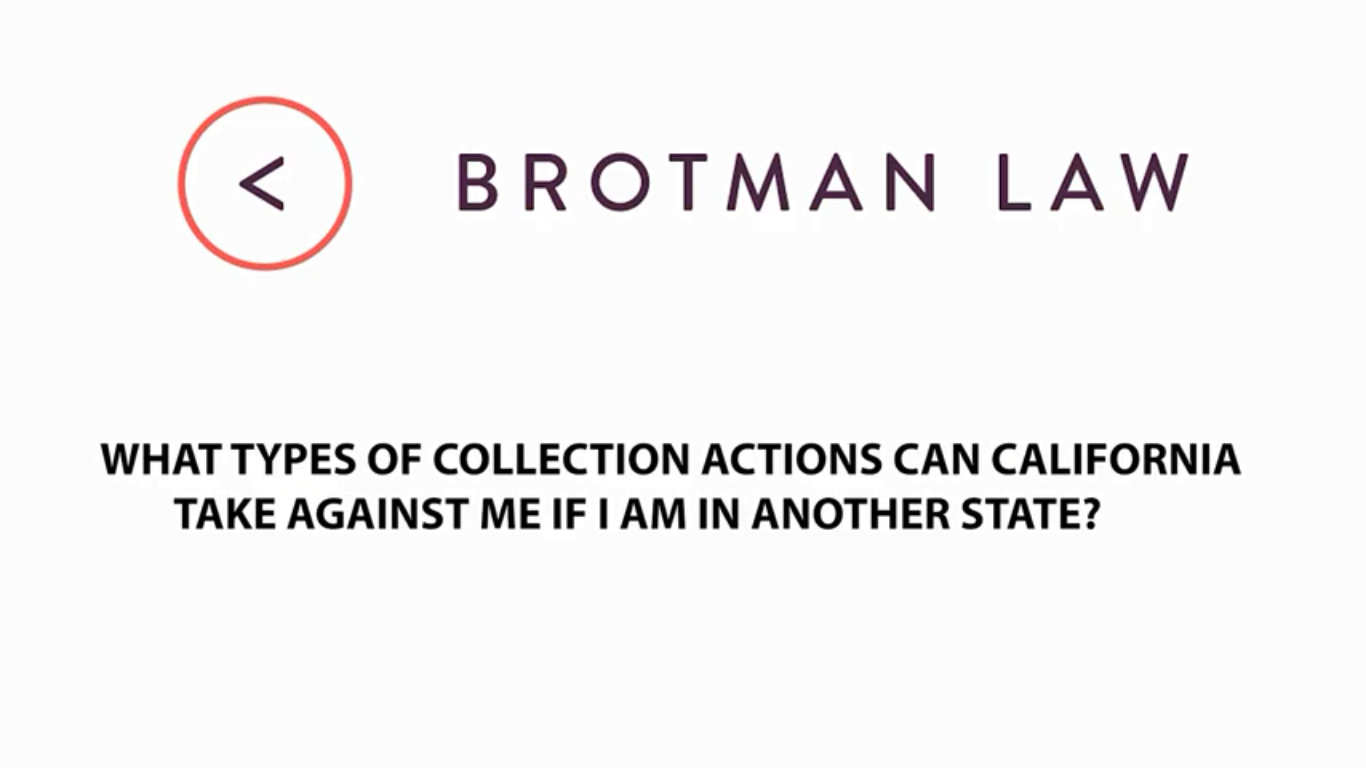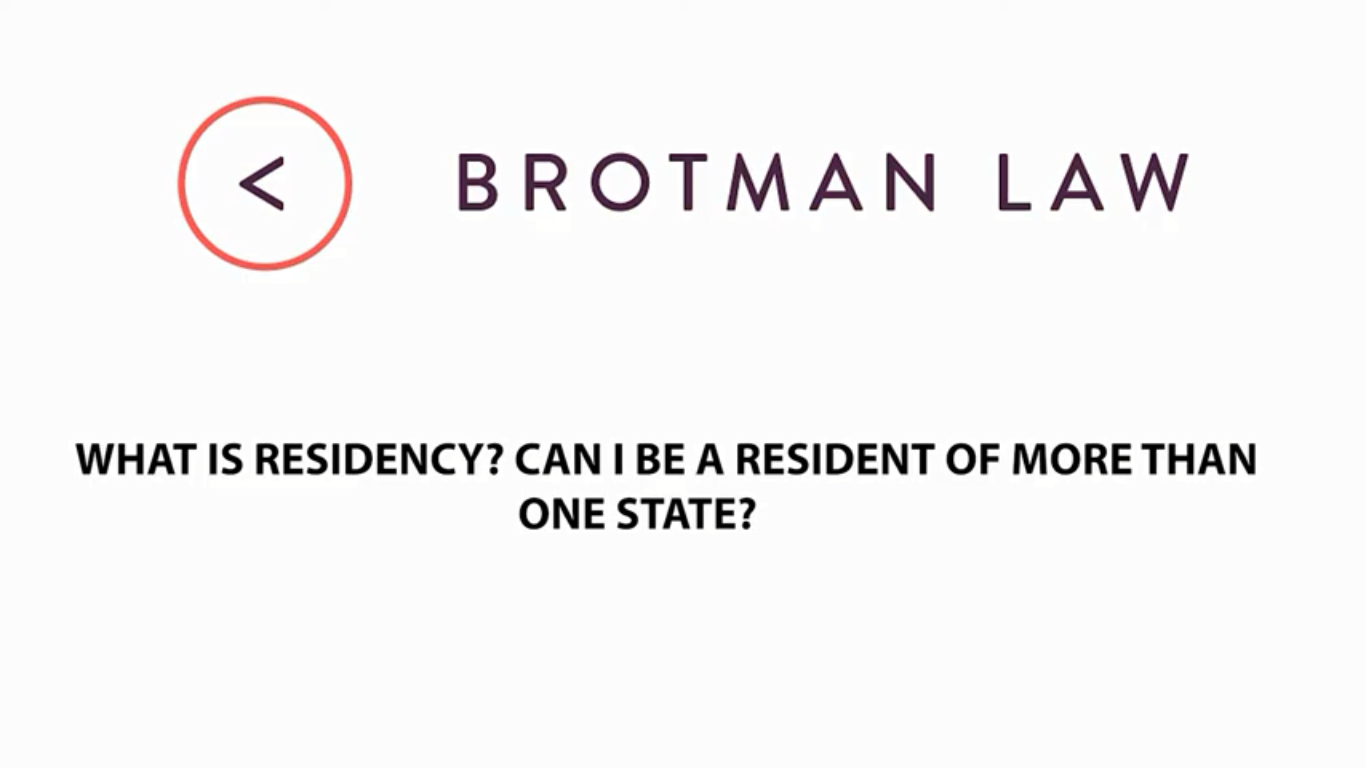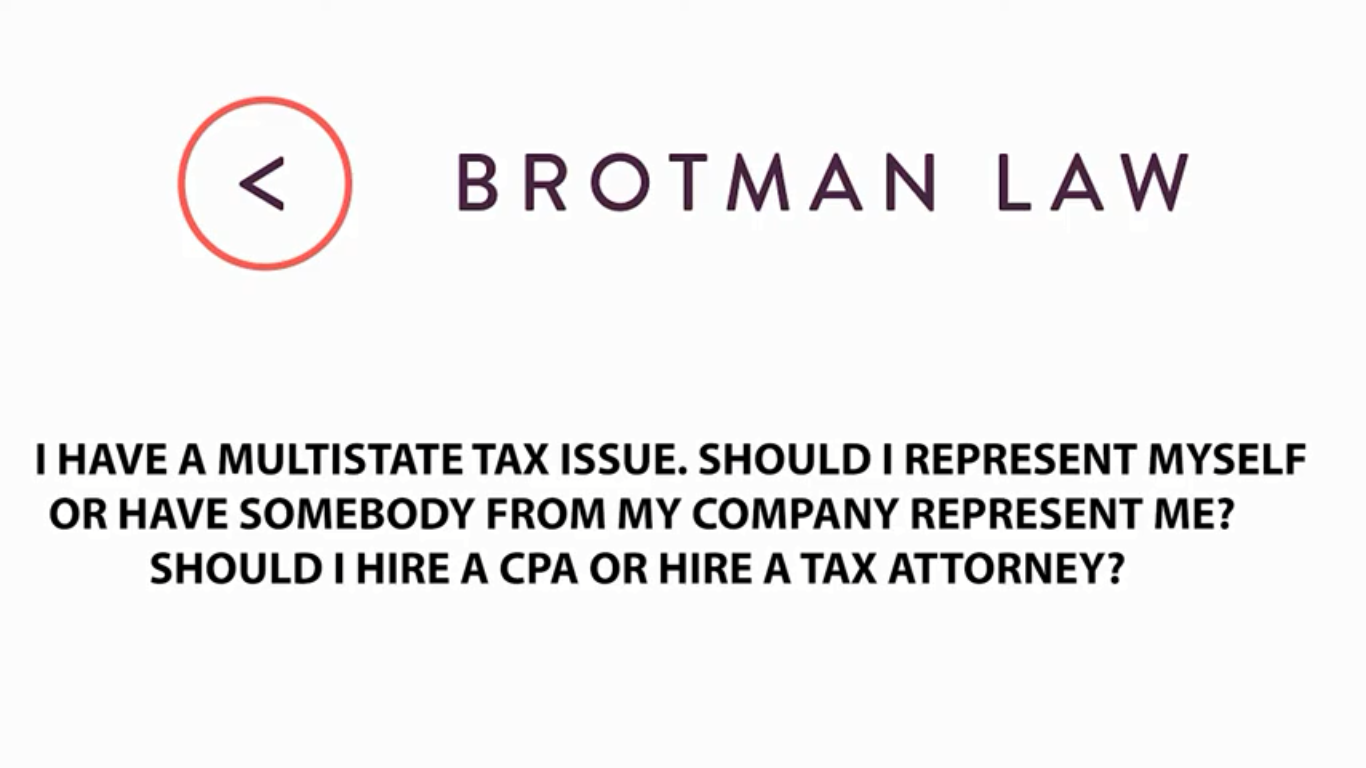A dropshipping transaction involves a situation where a seller is selling a product to a buyer but shipping that product to the buyer’s customer which may or may not be located in a different state.
Dropshipping is an incredibly complicated thing from a tax perspective because you may have one party or multiple parties in multiple jurisdictions. You could have a California seller, you could have a Florida buyer or you could have a customer in New York where the product is ultimately going to.
So the biggest challenge for tax professionals in this situation is where do you pay the tax to? With customers in different states, this is really important because there are a variety of issues around which state has jurisdiction to collect the tax revenue that make this incredibly complicated.
In a dropshipping transaction, you want to make sure you understand the different types of situations that your company faces and then create a plan around how to address those from a tax filing perspective. Then in your sales process, you want to ensure that you’re collecting the appropriate documentation and you’re doing what you can to mitigate your own risk in this situation.
The problem with a lot of dropshipping transactions is many companies assume that because product is going to one place or because their customer is located outside their state that they’re not obligated to collect tax, and unfortunately the way that most state sales tax laws are written, particularly surrounding dropshipping transactions, is it puts the online business on the hook for liability unless they’re collecting resale certificates from that particular state or they’re taking other appropriate measures to mitigate their risk. So there are a lot of tax consequences to dropshipping.
